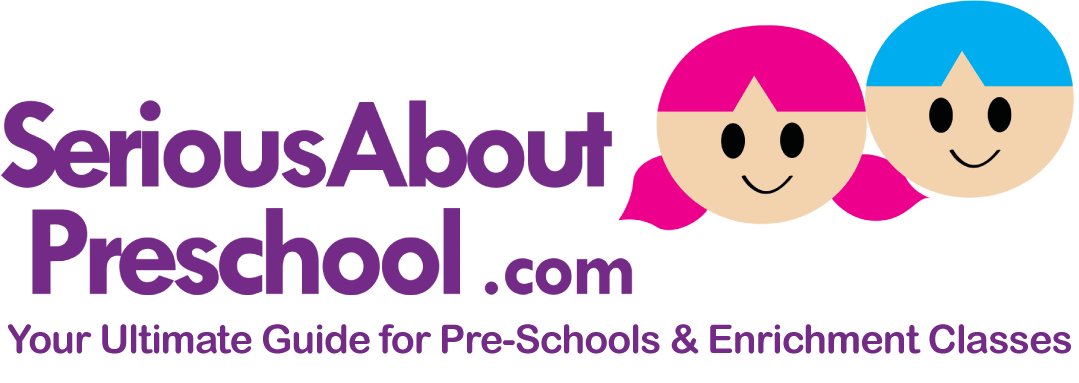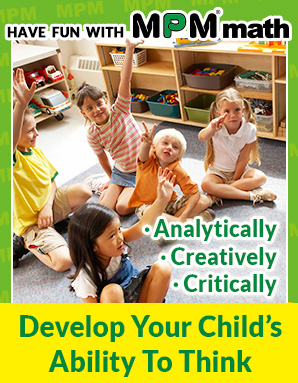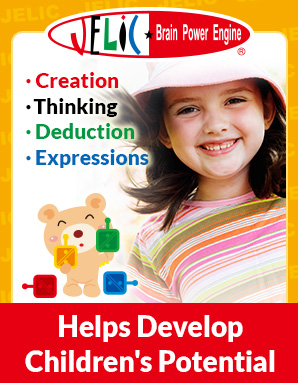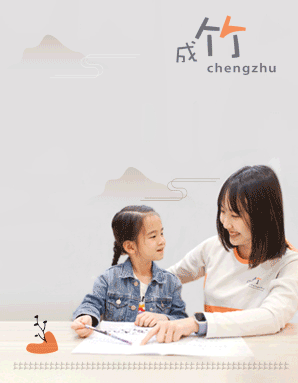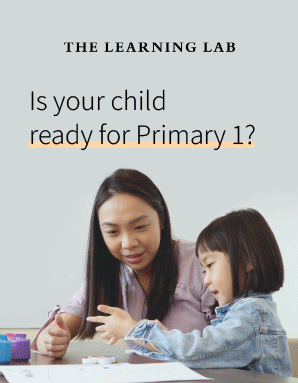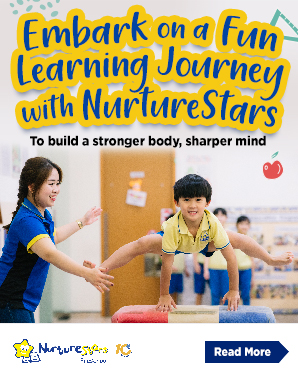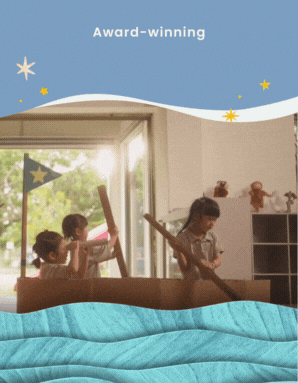Question:
Besides attending full day childcare, do I still need to coach her academically at home?Asked By : Lily Mum
Words from the Expert:
Question:
If my child is already attending full day childcare, do I still need to coach her academically at home? Or should I just focus on playing with her?
Answer:
What were the best memories from your childhood?
Your child will only be a child once in their lifetime. They are only their age once, you will not be able to turn back the clock. The question is, is there a real need for your child to be prepared and doing things when they are six when they are actually four? Children have a right to a childhood and it should not be lost or exchanged in an endless academic persuit. What were the best memories from your childhood? Your response to this question will provide some insight on what is important to a child at that particular stage of their lifetime.
Play is more than just play. Play has the potential to ‘teach’ children skills and strategies for managing life. In Ellen Galinsky’s book titled “Mind in the Making” she talks about the seven essential life skills every child needs, in the same way, Kosta and Kallick’s book “Habits of Mind” highlight 16 essential characteristics for success. Neither of these books talk about academic abilities but rather skills or characteristics that will enable an individual to learn, persist, survive and succeed in any and every situation. Play gives children that. It gives them the opportunity to problem-solve (e.g. how to make a house out of duplo), self-control (e.g. learning to take turns and wait for their turn), gather data through their senses, empathise with others just to name a few.
These skills though seemingly insignificant are in fact foundational to a child’s later academic persuits. For example, problem-solving requires both logical and flexible thinking processes (when building with duplo there are logical ways the blocks will fit one on another and endless ways a house can be represented. Waiting for a turn requires perspective-taking, ability to delay gratification and practiced response to social cues and contextual expectations. A child will have many more years ahead for formal school were they will acquire academic knowledge. Many foundational skills learnt through play that will support children for such formal learning occurs in preschool.
To find out more about My First Skool's curriculum, click HERE.
The Expert:
Angela Chng
Head of Professional Practices and Development
Angela Chng is the Head of Professional Practices and Development at NTUC First Campus. She is an early childhood teacher and a Birth to 8 specialist with over 16 years experience working with young children and families both in Singapore and Australia. Angela is also an editor and author for early childhood publications on pedagogy and practice.





